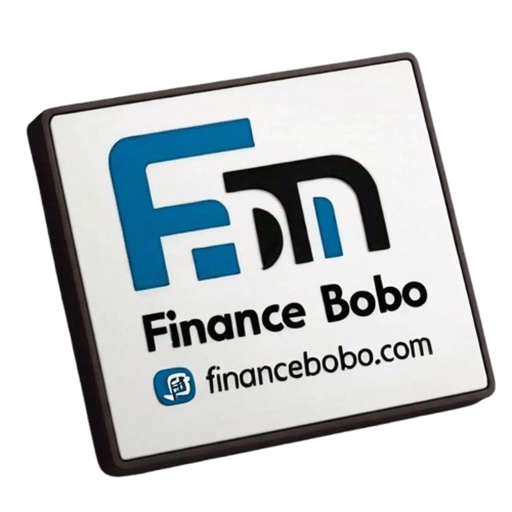Forex Trading Changes on FMDQ: Implementing Efficiency and Stability.
In a bid to enhance efficiency and stability in Nigeria’s forex market, traders on the FMDQ, the official platform for forex trading, have initiated significant changes. These changes aim to address volatility concerns and streamline trading practices, with key adjustments including the introduction of a +/-5% band around the previous day’s NAFEX rate and capping bid/offer spreads to N50.
While not an official FMDQ guideline, major forex dealers, including banks, have adopted these measures, according to industry insiders and confirmed by some commercial bank officials.
One notable change is the implementation of a +/-5% band around the previous day’s NAFEX rate. This measure aims to curb excessive volatility by limiting the deviation of the day’s exchange rate from the previous day’s rate. This proactive approach seeks to stabilize the market and protect it from erratic fluctuations.
Additionally, bid/offer spreads have been capped at N50. This move aims to create a more controlled trading environment, providing traders with predictability in trading costs. However, it may limit traders’ flexibility in negotiating prices, potentially affecting market adaptability to sudden shifts in supply and demand.
Furthermore, trading hours have been revised to 10 am to 2 pm, down from the previous 10 am to 4 pm, streamlining trading activities within a shorter timeframe.
ALSO READ: Cement Price, Cost of Building Materials, Others Force Developers to Abandon Projects Nationwide
Another significant change is the introduction of a standard ticket size of $100,000, catering primarily to institutional investors and large transactions. This adjustment is reminiscent of market structures from previous years, aiming to enhance liquidity and accommodate the needs of major corporations and financial institutions.
The introduction of circuit breakers and volatility bands further underscores the commitment to market stability. Circuit breakers act as temporary halts in trading if prices hit predefined levels, while volatility bands dictate the permissible range for exchange rate fluctuations during a trading session.
Overall, these changes signal a concerted effort to foster efficiency, transparency, and stability in Nigeria’s forex market. By implementing standardized practices and measures to mitigate volatility, traders aim to create a more resilient and conducive trading environment for all participants

